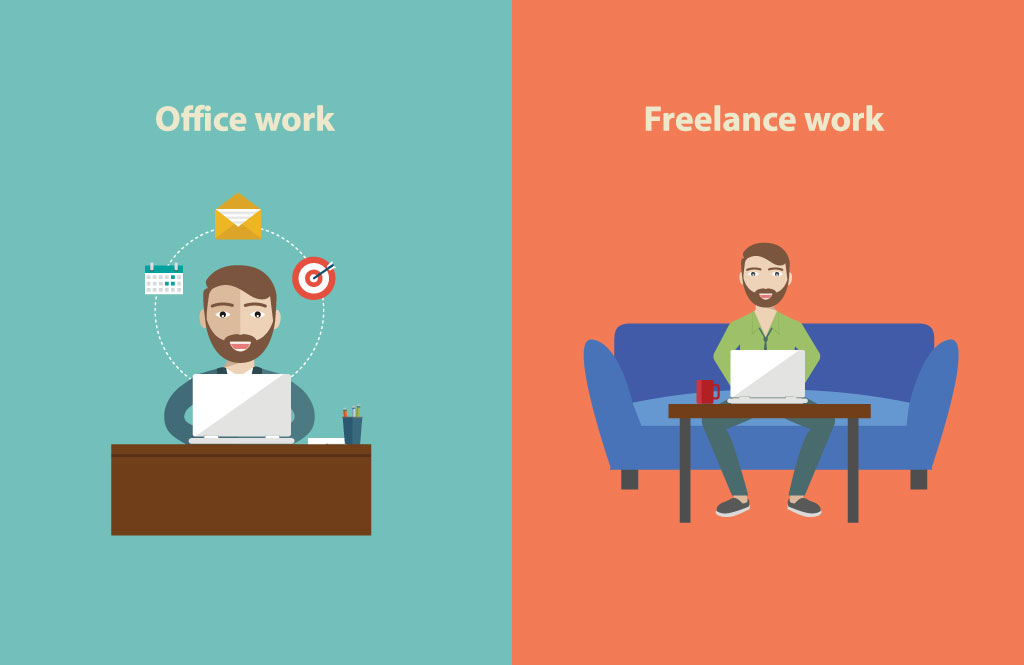Freelance License: What You Need to Know First

Strong 8k brings an ultra-HD IPTV experience to your living room and your pocket.
Freelancing has become a popular and flexible career choice for many professionals across various fields, from design to programming to writing. If you're considering stepping into the world of freelancing, one of the first questions you might ask yourself is whether you need a freelance license. While it may seem like an unnecessary step, obtaining a license can provide significant benefits, both legally and financially. Here’s what you need to know about freelance licenses.
What is a Freelance License?
A freelance license is a legal document that allows individuals to operate their freelance business within the legal boundaries of their city, state, or country. The requirements for obtaining a freelance license vary depending on where you live and the type of freelance work you do. It essentially registers you as a self-employed individual, recognizing you as a business owner and allowing you to operate legally in your field.
Do You Need a Freelance License?
Not all freelancers need a license. Whether or not you need one depends on a few factors:
Location: In many areas, freelancers are required to have a business license or register as a sole proprietor, even if they work from home. This requirement may vary by country, state, or municipality.
Type of Work: Some types of freelance work, such as those involving specific skills or certifications (like financial advising or healthcare-related services), might require additional permits or licenses. In contrast, general freelance writing, graphic design, or web development may not require a license in certain areas.
Income Level: If you're making a substantial income as a freelancer, you may be required to register your business for tax purposes, regardless of the type of work.
Client Requirements: Some clients may require freelancers to hold a business license before they can hire them. This is often the case for larger companies that have strict contractor guidelines.
Benefits of Having a Freelance License
While it might seem like an extra hassle, there are several advantages to obtaining a freelance license:
Legality: Operating legally is essential to avoid potential fines or legal issues in the future. A license ensures you’re following local regulations, making your freelancing business legitimate.
Tax Benefits: A registered freelance business allows you to take advantage of certain tax deductions available to business owners, such as office supplies, marketing costs, and business-related travel. It also allows for better organization when filing taxes.
Professionalism: Having a freelance license boosts your credibility with clients. It shows that you are a serious professional running a business, which may help attract higher-paying clients and more opportunities.
Access to Business Resources: A freelance license can make you eligible for business loans or grants, as well as provide you with access to business insurance options.
How to Get a Freelance License
The process of obtaining a freelance license can vary depending on where you live. However, the general steps include:
Research Local Requirements: Start by researching the specific licensing requirements in your area. You can typically find this information on your local government’s website.
Register Your Business: If required, register your business either as a sole proprietor or under another business structure, such as an LLC (Limited Liability Company).
Pay the Fees: Some areas require an application fee for registering your freelance business. The cost varies depending on your location.
Renew Your License: Many freelance licenses require annual renewals. Be sure to stay on top of any deadlines to avoid penalties.
Conclusion
In conclusion, while not every freelancer needs a license, obtaining one can offer numerous benefits, from legal protection to tax advantages. Before you jump into the freelance world, take the time to research your local regulations and decide if getting a freelance license is right for you. It’s a step that can help solidify your business and set you up for long-term success.
Select 64 more words to run Humanizer.
Note: IndiBlogHub features both user-submitted and editorial content. We do not verify third-party contributions. Read our Disclaimer and Privacy Policyfor details.







